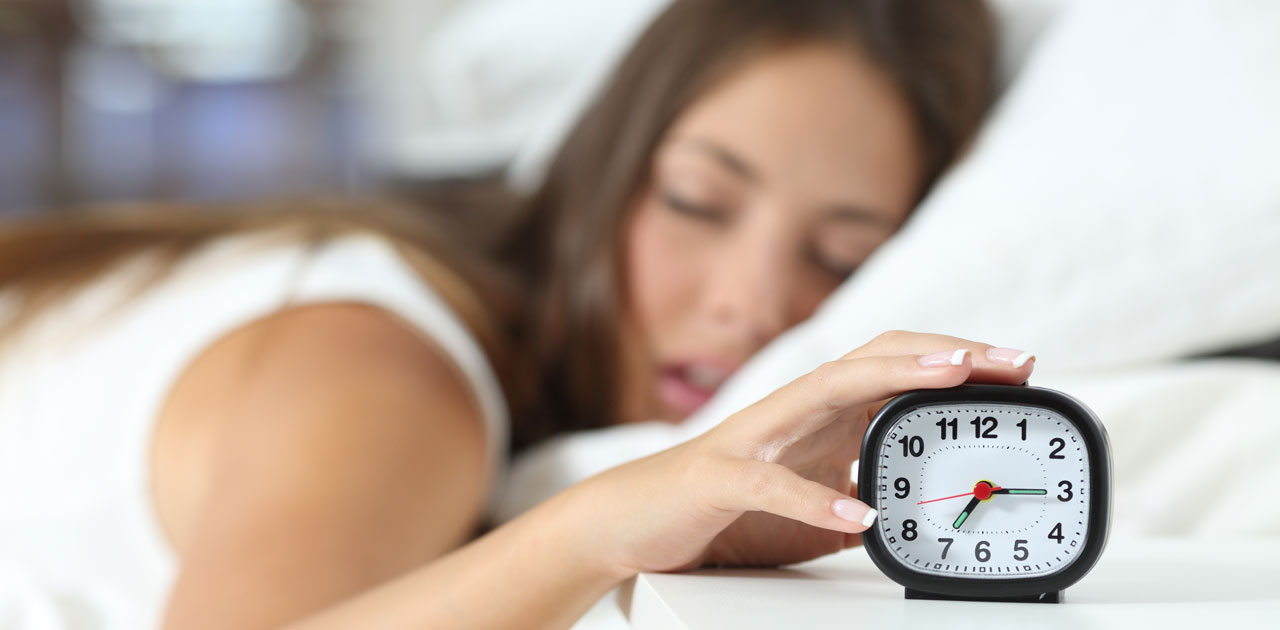When you can’t fall asleep or stay asleep, your life can become stressful fast. In fact, stress can cause insomnia, insomnia can cause stress, or they can cause each other in a never-ending, exhausting cycle (See “Stress and Insomnia“).
Many people understandably turn to sleeping pills for relief. But do they truly help?
Do Sleeping Pills Actually Help People Sleep?
Well, the answer to that is a bit murky. In studies of many sleeping pills, people fell asleep between 6 and 13 minutes faster than those who took a placebo, and they stayed asleep between 11 and 16 minutes longer. That really isn’t very much.
However, many of the people who’d taken the pills believed they had slept better than that, and researchers believe that’s an amnesic side effect of the medications.
What Are the Side Effects of Sleeping Pills?
Side effects vary by the type of medication used, but these are some that are common to most of them:
- Amnesia or difficulty with short-term memory
- Increased food cravings, obesity, and risk of diabetes
- Depression, confusion, hallucination, and suicidal thoughts
- Increased risk of accidents
In fact, a recent study revealed that people who take sleeping pills in the hypnotics family are 35% more likely to develop certain types of cancer than those who don’t take sleeping pills. Also, they are 4 times more likely to die than those who don’t take them, even if only 18 pills a year are used (Daniel F Kripke, 2012).
How Can You Get Good Sleep Without Pills?
Many stress-relieving techniques can help you get to sleep and sleep longer. You may find that one of them works wonders for you, or you may like to use several of them together. After all, they each have positive effects on your health in addition to improving your sleep (“14 Surprising Health Benefits of Sleep“). Here are some things to try:
It’s also important to get plenty of exercise every day. This lowers your stress and helps normalize the hormones in your body that aid in sleep.
Eat a healthy diet low in sugar, alcohol, and processed foods.
Make sure your bedroom is as dark and quiet as possible. Avoid electronic devices and television in the bedroom.
Get exposure to natural sunlight in the morning and again in the early afternoon. This can help regulate your body’s hormones and normalize your circadian rhythm.
Check with your doctor about whether a magnesium supplement may be right for you.
If you fall asleep fine but wake up too early, check out this article for more tips: “Getting Back to Sleep: 14 Tips for Falling Back to Sleep When You Wake up Too Soon.”
Works Cited
- Daniel F Kripke, R. D.(2012). Hypnotics’ association with mortality or cancer: a matched cohort study. Retrieved from BMJ Open.

Very interesting article. I was thinking about using sleeping pills–not any more! I had no clue people who took sleeping pills were more likely to develop cancer. I’ll just try one of your suggestions for sleeping better instead.